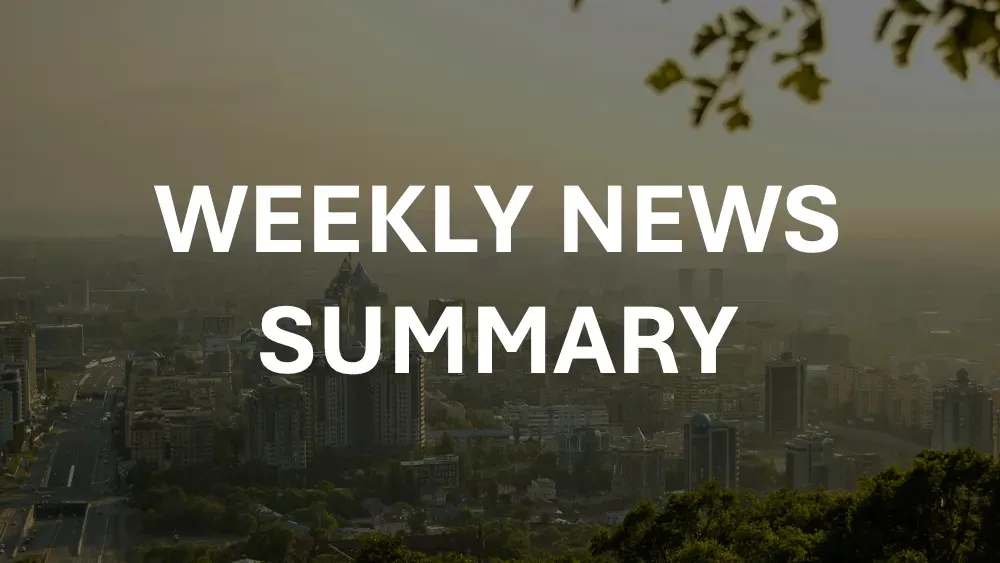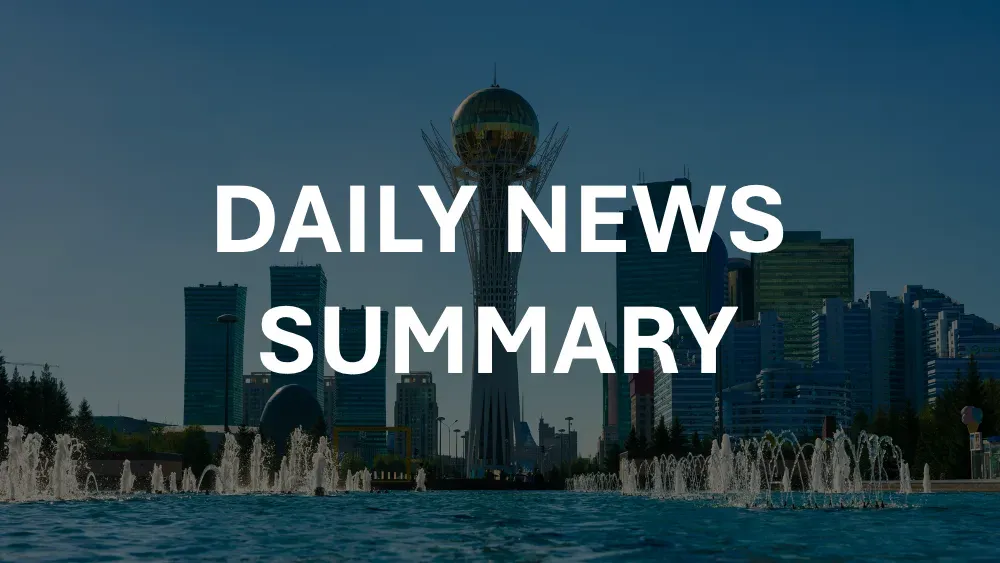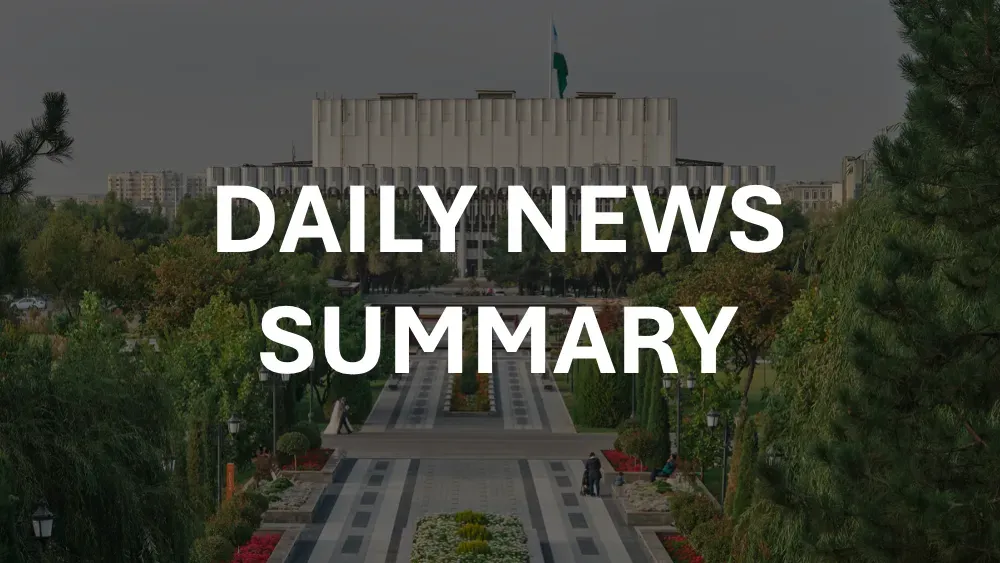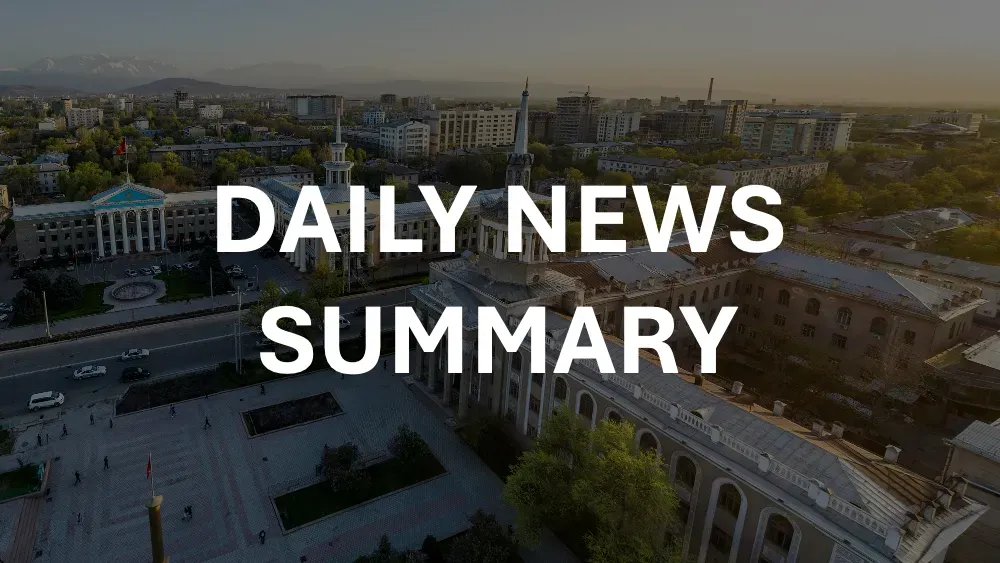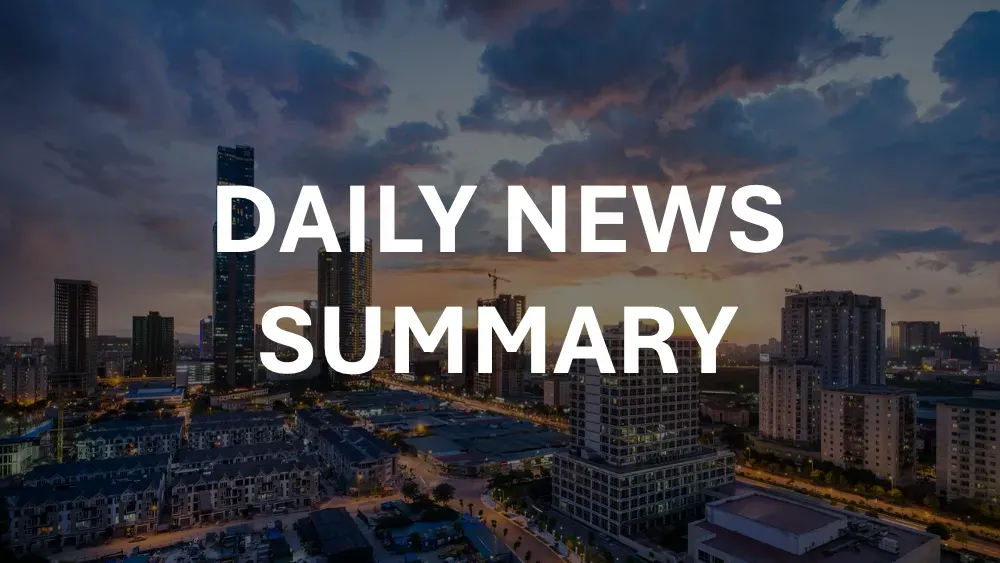This weekly digest showcases just 10 stories. Daily subscribers receive comprehensive intelligence briefs with 40 of the top stories organized by category. Don't miss the stories that matter.
Subscribe to Daily →
October 31, 2025 to November 6, 2025
This week's top 10 stories from Kazakhstan, selected from our daily intelligence briefs.
1. EU–Central Asia Ties Advance with Push on Visa Easing, Green Energy and Strategic Investment
The EU and Kazakhstan are entering a pragmatic, people-centered phase of cooperation focused on visa liberalization, green energy, connectivity and targeted investment, driven by alignment between President Kassym-Jomart Tokayev’s balanced policy and the European Commission’s agenda. Ambassadors Roman Vassilenko and Aleska Simkic signaled a “window of opportunity” for tangible mobility gains — including visa facilitation and readmission talks — aimed at easing travel for education, healthcare, work and business, while a surge in bilateral visits underpins deepening political ties.
Strategically, Brussels is positioning Kazakhstan as a hub for energy transition and critical raw materials: Kazakhstan supplies 21 of the EU’s 34 listed critical raw materials and is advancing lithium and nickel projects (East Kazakhstan, Karaganda), pilot recycling schemes and a 2023 roadmap building on a 2022 renewable hydrogen memorandum. Major investments include the Hyrasia One green hydrogen complex (40 GW wind/solar, 2 Mt H2/year), TotalEnergies’ 1 GW wind farm in Zhambyl and Eni’s 100 MW wind in Aktobe; the EU has earmarked €12 billion for regional connectivity, clean energy and digitalization, plus €1.47 billion for Middle Corridor logistics upgrades. While over $200 billion of EU investment since 2005 (including $12.5 billion in 2023) demonstrates commercial momentum, obstacles remain—water supply for western hydrogen projects and cross‑border tariff harmonization—requiring sustained reforms, ESG adoption and governance alignment.
Local Coverage: dknews.kz, aikyn.kz
From daily briefs: 2025-11-01, 2025-11-04
2. OFAC and Energy Ministry Discuss Reducing Sanctions Spillover and Coordinating Cooperation
Kazakhstan’s Energy Minister Erlan Akkenzhenov met in Washington with Bradley Smith, director of the U.S. Treasury’s Office of Foreign Assets Control (OFAC), to address spillover effects of U.S. sanctions on Kazakhstan’s economy and to improve coordination under existing restrictions. The discussions focused on minimizing compliance risks for energy and related sectors while preserving lawful trade and financial flows; both sides agreed to sustain a pragmatic, trust-based dialogue and to hold regular consultations.
While no policy changes or dates were announced, the decision to regularize engagement with OFAC aims to clarify sanctions boundaries and provide ongoing technical guidance, potentially reducing transaction delays and overcompliance for Kazakh companies and foreign partners engaged in cross-border energy operations.
Local Coverage: inform.kz, dknews.kz
From daily brief: 2025-11-07
3. Uncertainty Surrounds Potential Sale of Lukoil Stakes in Major Kazakh Oil Projects
Kazakh authorities and state oil firm KazMunayGas are in early-stage discussions, via international consultants, about a possible sale of Lukoil’s stakes in several major Kazakh upstream and midstream assets under an OFAC wind‑down license. Assets identified include 5% in Tengizchevroil, 13.5% in Karachaganak Petroleum Operating (held through a separate legal entity and reportedly outside the immediate deal scope), 50% in Kalamkas‑Sea–Khazar, interests in Al‑Farabi Operating, and 12.5% in the Caspian Pipeline Consortium. Vice Minister of Energy Sanzhar Zharkeshov emphasized there is no concrete decision yet.
Analysts and officials flag significant execution and geopolitical risks: complex shallow‑water and logistical challenges offshore, the need for partners with offshore experience, and uncertainty over market appetite and transaction mechanics. RASE Analytics director Asqar Ismailov recommended prioritizing stakes in Tengiz, Karachaganak and the CPC for potential monetization, noting KazMunayGas could not develop the offshore projects alone.
Local Coverage: egemen.kz
From daily brief: 2025-11-05
4. Development Bank Launches $1B Program to Finance Rare and Strategic Materials Processing
The Development Bank of Kazakhstan (a Baiterek subsidiary) has launched a $1 billion financing program for 2025–2030 to support mining and processing of rare, rare‑earth and strategic materials, aligning with the president’s diversification agenda and the 2024–2028 sectoral plan for rare and rare‑earth metals. Targeting medium and large metallurgy firms and integrated mining‑processing complexes, the program requires JORC‑compliant resource verification and prioritizes lanthanides, scandium, yttrium, lithium, cobalt, tungsten, germanium, gallium and graphite.
Terms are designed to improve access to capital: minimum loans reduced to KZT 5 billion, borrowing available in USD, EUR, CNY and other currencies for tenors up to 20 years, with grace periods and no arrangement or amendment fees. The bank signals a push toward deeper processing, higher value‑added exports, industrial job creation and stronger integration of Kazakhstan’s upstream sector into global value chains.
Local Coverage: dknews.kz
From daily brief: 2025-11-01
5. PM Bektenov Rejects Court-Order-Only Access to Bank Data, Citing Global Tax Enforcement Practices
Kazakh Prime Minister Olzhas Bektenov rejected a parliamentary proposal to limit banks’ sharing of client data with authorities only to cases backed by court orders or highly detailed requests. Bektenov argued that international tax-enforcement practices — citing France’s automatic reporting of bank accounts, interest and dividends — favor quicker, request-based or automated access to banking data, and that Kazakhstan’s revenue bodies already obtain information under existing legislation. He warned that enforcing a court-only rule would slow investigations, add bureaucracy, strain the judiciary, reduce budget revenues and increase the shadow economy.
Bektenov framed broader and faster access as a tool to strengthen compliance and lower informality, saying quicker data flows correlate with reduced shadow-economy activity and higher tax discipline. His remarks signal the government’s preference for maintaining or expanding administrative information-sharing powers rather than instituting new judicial safeguards that MPs had proposed.
Local Coverage: informburo.kz
From daily brief: 2025-10-31
6. C5+1 Leaders Head to Washington for Second Summit Focused on Minerals, Energy and Connectivity
The White House will host Central Asian presidents for a second C5+1 leaders’ summit in Washington on November 6, when President Donald Trump is scheduled to hold individual meetings with the leaders of Kazakhstan, Uzbekistan, Kyrgyzstan, Tajikistan and Turkmenistan. The agenda is expected to concentrate on securing critical minerals for high‑tech and AI industries, accelerating green‑energy investment, digital infrastructure and transport links — notably the Trans‑Caspian “Middle Corridor” — and pragmatic cooperation on Afghanistan to curb narcotics and extremism. The C5+1 platform, launched in 2015 and recently strengthened by institutional steps such as a virtual secretariat, will be used to advance project financing and supply‑chain diversification.
Analysts see the summit as a calibrated U.S. push to bolster sovereignty and multi‑vector policies in Central Asia, contain Russian and Chinese influence, and link the Caspian with the South Caucasus as part of a broader “Greater Central Asia” supply‑chain strategy. Kazakhstan — which receives roughly 80% of U.S. FDI in the region and is positioning its uranium output and port/rail upgrades as anchors for energy security — is using the format to attract capital and technology. No official communiqués had been released at publication, but observers expect practical deliverables on minerals, logistics, digitalization and financing frameworks.
Local Coverage: inform.kz, egemen.kz, zakon.kz
From daily briefs: 2025-10-31, 2025-11-04, 2025-11-05, 2025-11-06, 2025-11-07
7. Presidential Decree Sets Principles and Priorities for Domestic Policy, Coordinating State Outreach and Identity Agenda
President Kassym-Jomart Tokayev on [date unspecified] signed a presidential decree that codifies Kazakhstan’s domestic policy principles, values and priorities, a framework shaped by recent National Kurultai discussions and aligned with his annual addresses and the 2029 national development plan. The document standardizes coordination across ministries and local administrations on public dialogue, interethnic relations, religion, culture, family and youth policy, and information, and introduces a system of national symbols intended to strengthen identity.
The decree frames governance around rule of law, a “listening state,” institutional balance (“Strong President – Influential Parliament – Accountable Government”), civic integrity and a “Clean Kazakhstan” ethos. Officials portray it as an organizing blueprint rather than new legislation, signaling tighter central coordination via the Presidential Administration and expanded roles for the Assembly of the People of Kazakhstan, the National Kurultai, public councils and NGOs. State Counsellor Erlan Karin described it as systematizing the country’s internal policy and defining its ideological orientation; MP and Kurultai member Erlan Sairov said it will underpin how public authorities organize domestic policy work.
Local Coverage: inform.kz, aikyn.kz, aikyn.kz, inform.kz, zakon.kz, dknews.kz, egemen.kz, informburo.kz, malim.kz, aikyn.kz
From daily brief: 2025-11-06
8. Residency Pathways Expanded to Attract High-Skilled Foreign Talent, With IT-Focused Digital Nomad Pilot
Kazakhstan is shifting its labor migration strategy from importing low‑cost labor to retaining high‑skilled, innovation‑driven professionals by streamlining visas, expanding in‑demand occupation lists and digitizing residency processes. A new Digital Nomad Residency pilot aimed at global IT specialists will allow simplified permanent residency applications through Astana Hub and eGov using only a national ID number and digital signature; Astana Hub reports a 40% rise in foreign IT specialists over two years and there are now more than 16,000 foreign workers in the country, mainly in construction, oil & gas and manufacturing. The government added roughly 30 new roles to the priority list, introduced mandatory employer mentorship to transfer skills to locals, tightened rules on hiring foreign executives while raising the corporate foreign worker quota to 0.25% (household migrant quota trimmed to 2.95%), and is exploring a “Kazakh Green Card” model akin to Singapore’s Employment Pass or Canada’s Express Entry.
Policy and digital governance reforms are designed to accelerate placement and oversight: migration.enbek.kz added 15 services in 2024 and will roll out more e‑services in 2025 alongside a unified digital accounting system linked to education and employment databases to better match labor supply and monitor graduate employment. Officials report positive net migration for three consecutive years and rising internal mobility concentrated in megacities; bilateral instruments with Qatar and a UK memorandum are in place, with talks under way with South Korea, Saudi Arabia, the UAE and multiple European countries to regulate recruitment and protect citizens abroad. MPs and ministers emphasize reducing bureaucracy and automating processes to keep pace with employer needs.
Local Coverage: egemen.kz, dknews.kz
From daily brief: 2025-11-01
9. Annual Inflation Eases to 12.6% as Service Prices Fall for First Time Since 2019
Kazakhstan’s annual inflation slowed to 12.6% in October from 12.9% in September, while monthly CPI rose 0.5%, the National Statistics Bureau reported. Year‑on‑year increases were led by food (+13.5%), non‑food goods (+11.0%) and paid services (+12.9%), with food and non‑alcoholic beverages accounting for a 5.2 percentage‑point contribution to annual inflation; healthcare added 1.6 pp and housing‑related services 1.3 pp.
Notably, paid services declined 0.8% month‑on‑month—the first monthly fall since 2019—driven by lower regulated utility tariffs (cold water −40.0%, pipeline gas −10.7%, electricity −2.0%). Monthly food price movements were mixed (cheaper beetroot, cabbage, carrots; more expensive chocolate and coffee), new locally assembled cars fell 1.5% m/m, and persistent pressures remain from high meat (+21.1% y/y) and fruits/vegetables (+12.1% y/y), posing ongoing challenges for household budgets and corporate cost planning.
Local Coverage: aikyn.kz, egemen.kz, aikyn.kz, egemen.kz, inform.kz
From daily brief: 2025-11-04
10. MoU Sets U.S.–Kazakh Partnership on Critical Minerals Extraction and Processing
The United States and Kazakhstan signed a memorandum of understanding to deepen cooperation on critical minerals, with President Kassym-Jomart Tokayev present; the MoU was inked by Kazakhstan’s Minister of Industry and Construction Ersaiyn Nagaspaev and U.S. Secretary of Commerce Howard Lutnick. The agreement targets collaboration across exploration, production and processing of strategic inputs for clean energy and advanced manufacturing, signaling Washington’s push to secure non‑Chinese sources and Kazakhstan’s potential pivot toward diversified export routes and downstream processing capacity.
Key implications hinge on follow‑on project agreements, financing, infrastructure readiness and regulatory clarity—particularly on licensing, environmental, social and governance (ESG) standards—and could position Kazakhstan as a regional hub if investment and technology transfer materialize. Washington is reportedly preparing parallel talks with Uzbekistan and may raise trade issues such as a cited 25% tariff, which would affect metals and mineral inputs; outcomes on tariff relief, standards and security expectations will shape investment conditions, supply‑chain integration and cross‑border logistics for Central Asian producers.
Local Coverage: inform.kz, zakon.kz, aikyn.kz, dknews.kz, egemen.kz
From daily brief: 2025-11-07
About This Weekly Digest
The stories above represent the most significant developments from Kazakhstan this week, selected through our AI-powered analysis of hundreds of local news articles.
Stories are drawn from our daily intelligence briefs, which synthesize reporting from Kazakhstan's leading news sources to provide comprehensive situational awareness for international decision-makers.
These weekly highlights are a small sample of what's happening. Daily subscribers get comprehensive briefings with 40 top stories that connect the dots between events, track developing stories, and provide the context you need for informed decision-making.
Upgrade to Daily →
